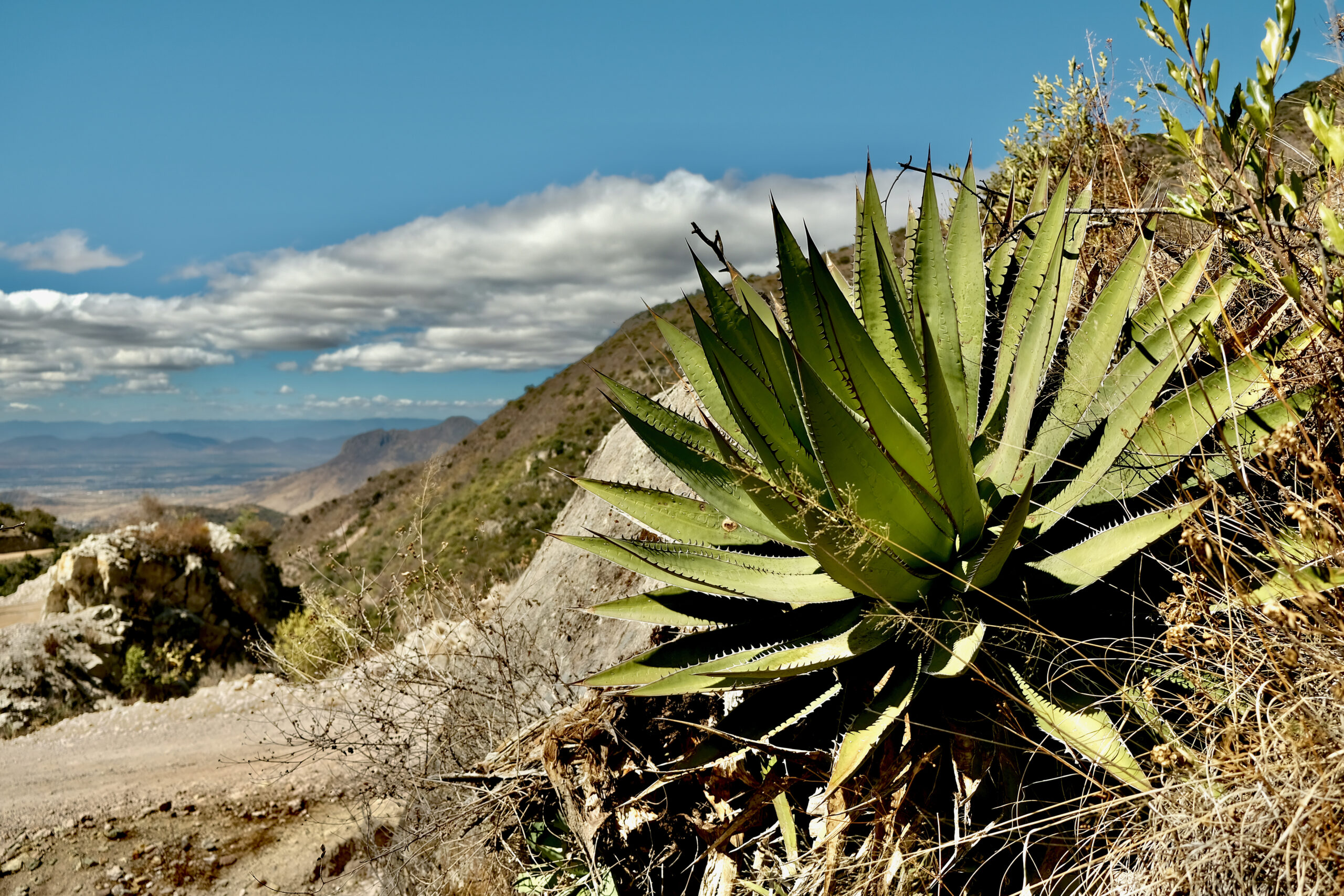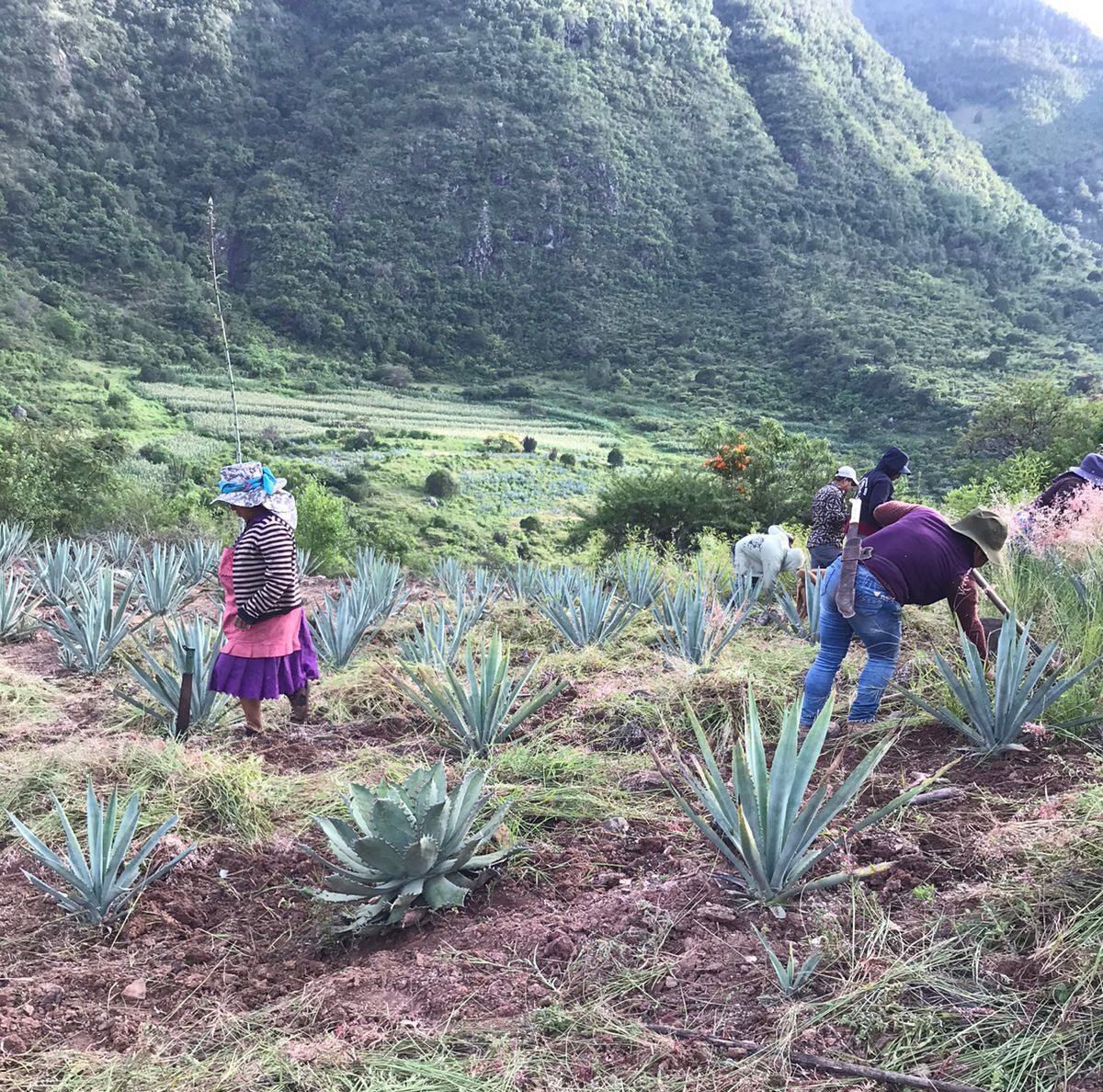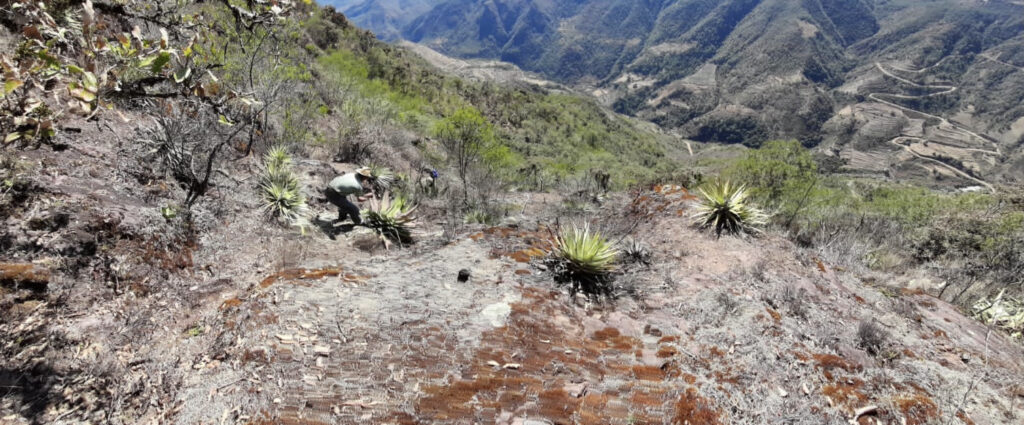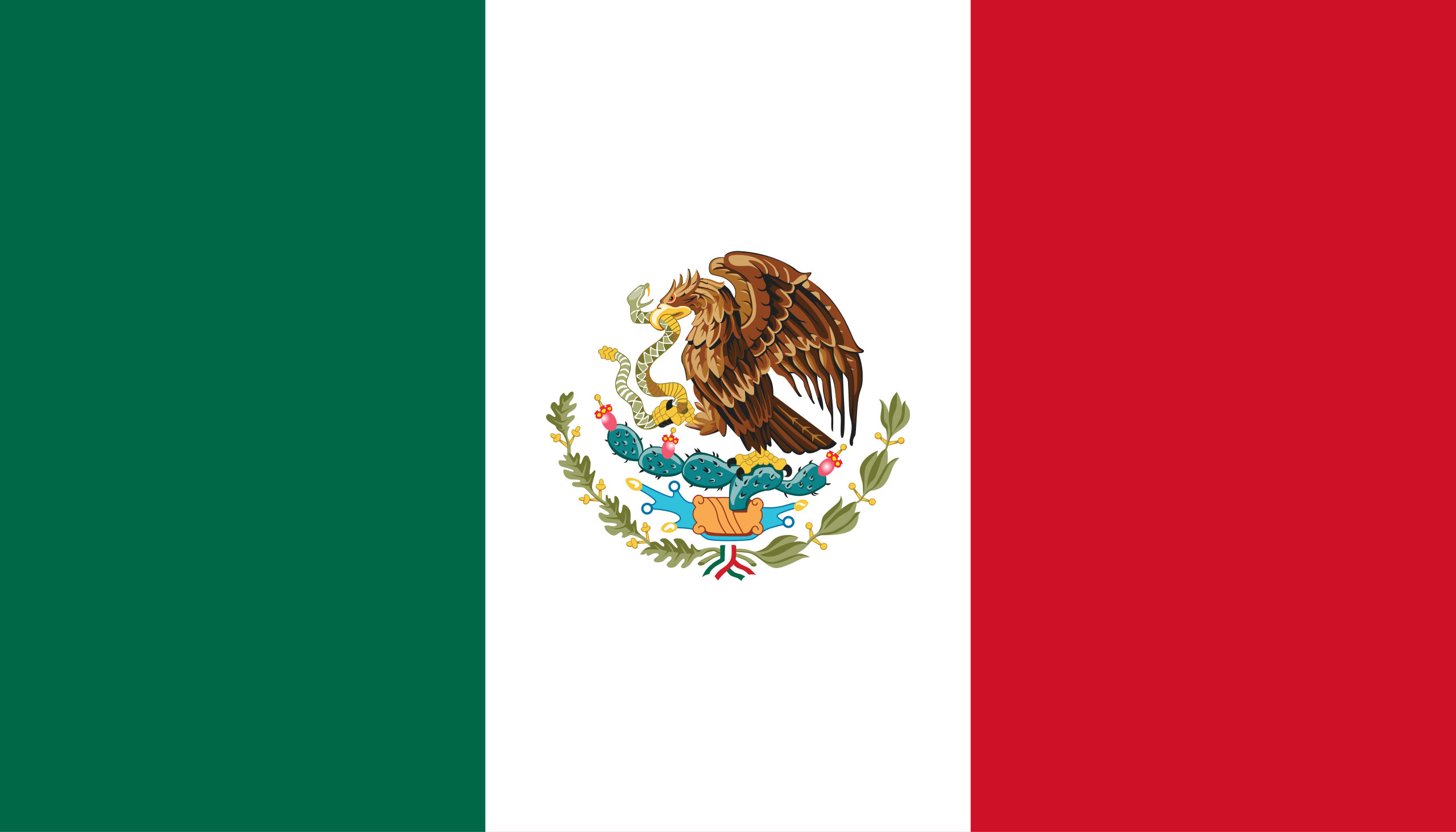Regions
Santa Catarina Albarradas
Place of ravines or mountainous terrain...
The name “Santa Catarina” refers to Saint Catherine of Alexandria, a saint and martyr venerated in the Catholic tradition, and “Albarradas” was the name given by the Spanish to the defensive ramparts built by the indigenous people with stones to protect themselves from enemies.
Santa Catarina Albarradas stands out for its rich cultural heritage, especially in terms of its traditions and crafts. The town is known for its ancestral clay pot mezcal production, a tradition upheld for more than three generations.
Located approximately 50 minutes from Tlacocula de Matamoros, through the municipality of Díaz Ordaz and part of Santa Catarina Albarradas itself, it sits at 1,650 meters above sea level in the Sierra Norte of the Oaxaca Valley. Although the town of Santa Catarina Albarradas is not widely known, its mezcals are recognized and praised by those who appreciate and savor this drink.
Its production is scarce and unique, partly due to a considerably low number of producers, which correlates with a small population of around 500 people in the town; the difficulty of accessing the community, caused by a relatively new road that remains unpaved and rocky; and the drastic climate changes, due to the altitude and proximity to the Sierra Norte.
Albarradas mezcal possesses deeply interesting characteristics. The agaves that grow endemically in this region include Espadín (A. angustifolia Haw), Tobalá (A. semanniana and A. potatorum), Sierra Negra (A. americana), and Jabalí (A. convallis), which have high nutrient content due to the region’s dark soil or high minerality from the rocky mountain terrain, primarily made up of gravel.



In the community, agave is cooked in a conical stone or earthen oven and ground by hand or using a Chilean tahona. It is then fermented in wooden or cement vats. A traditional practice during fermentation is the addition of bark to counteract the effects of changing temperatures caused by strong winds; among these are Tepehuaje (timbre) and water oak, which contain natural enzymes and yeasts that initiate and sustain natural fermentation. The added water comes from local streams that carry water from the surrounding mountains.
Distillation is carried out in locally made clay pots, with capacities ranging from 70 to 100 liters, depending on the preference of the maestro. Smaller productions are, in theory, better controlled due to the smaller volume, and the pots last longer because they bear less weight during production.
Because of all this, mezcals from Albarradas are the result of a refined blend of flavors—woods, resins, pine, and citrus—interwoven with hardship, longing, and dreams of continuous improvement, all of which are reflected in the final product.



